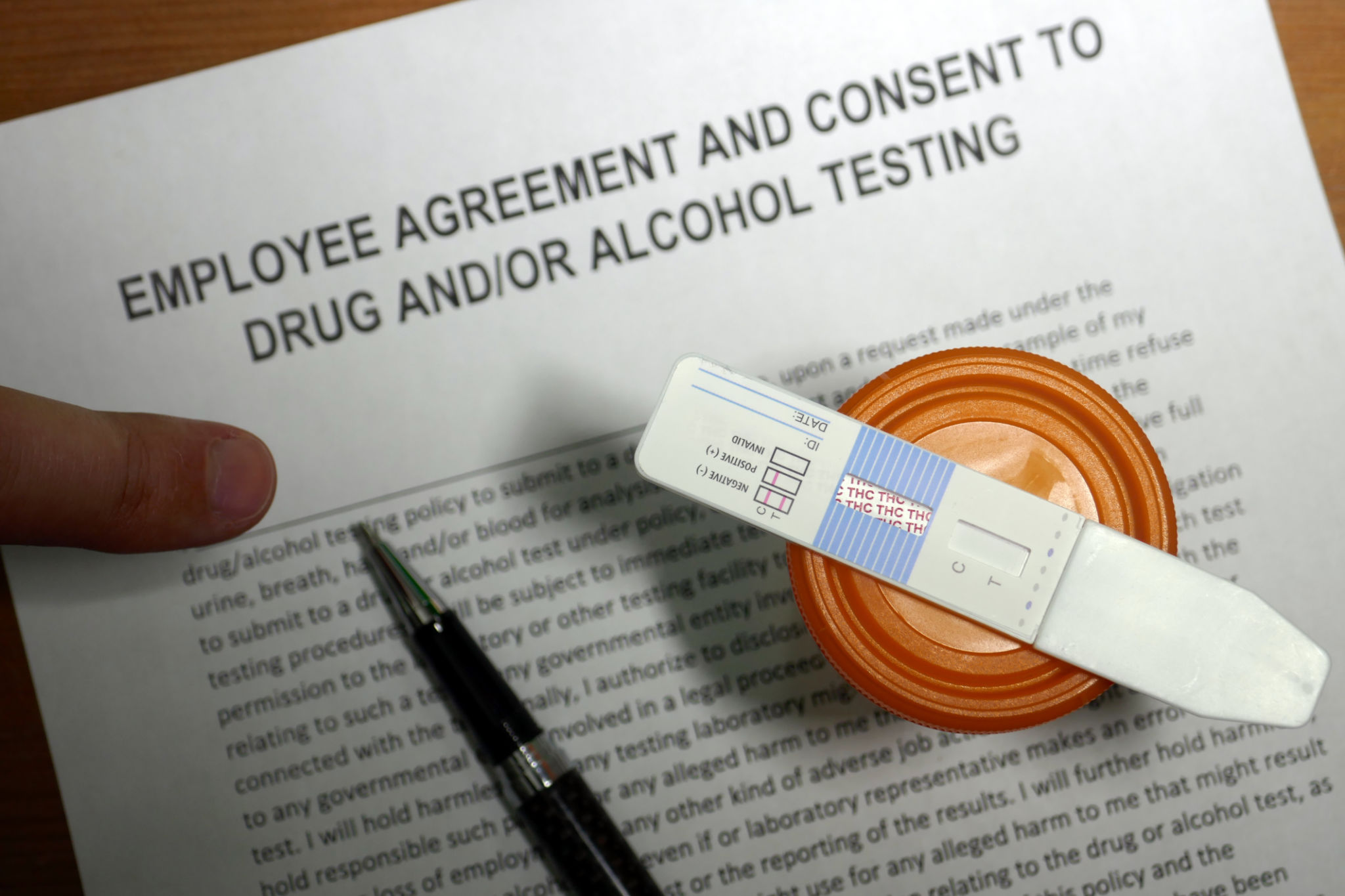How to Choose the Right Drug Testing Service for Your Business
AD
Understanding Your Business Needs
When it comes to selecting a drug testing service for your business, the first step is understanding the specific needs of your organization. Different industries have varying requirements for drug testing, whether it's ensuring safety in a manufacturing setting or maintaining compliance within a corporate environment. Identifying the primary objectives of your drug testing program will help narrow down the options and choose a service that aligns with your goals.
Consider the size of your workforce, the nature of your industry, and any legal obligations you must adhere to. These factors will play a crucial role in determining the frequency and type of drug tests you need. Make sure to consult with your HR department or legal advisor to fully understand these requirements before making a decision.

Types of Drug Testing Services
Once you have a clear understanding of your business needs, it's important to become familiar with the different types of drug testing services available. Generally, these services can be categorized into pre-employment testing, random testing, post-accident testing, and reasonable suspicion testing. Each type serves a different purpose and may require different testing methods.
For instance, pre-employment testing is typically conducted to screen potential employees before hiring, ensuring that they meet the company’s drug-free standards. On the other hand, random testing helps maintain a consistent standard among current employees and can serve as a deterrent against substance abuse within the workplace.
Evaluating Testing Methods
Drug testing services offer various testing methods, including urine, hair, saliva, and blood tests. Each method has its advantages and disadvantages. Urine tests are the most common due to their affordability and reliability, while hair tests can detect drug use over a longer period. Saliva tests are less invasive and provide quick results, whereas blood tests are considered the most accurate but are also more expensive.

When choosing a method, consider factors such as cost, accuracy, detection window, and ease of administration. The right choice will depend on your specific business needs and budget constraints. It's essential to weigh these factors carefully to ensure that you select the most effective solution for your organization.
Compliance and Legal Considerations
Adhering to legal requirements is a critical component when implementing a drug testing program. Different regions and industries may have specific regulations governing drug testing practices. It's crucial to ensure that the service you choose complies with all relevant laws and guidelines to avoid potential legal issues.
Work with a reputable provider that understands these regulations and can help guide your business in maintaining compliance. This includes adhering to privacy laws, ensuring proper documentation, and following procedural protocols during the testing process.

Choosing a Reliable Provider
The reputation and reliability of the drug testing service provider you select can significantly impact the effectiveness of your program. Look for providers with proven track records, positive client testimonials, and certifications from recognized authorities. A reliable provider should offer comprehensive support, from initial setup to ongoing management of your drug testing program.
Consider reaching out to other businesses in your industry for recommendations or conducting thorough online research to identify top-performing providers. It's also beneficial to meet with potential providers to discuss their services and assess their commitment to quality and customer satisfaction.
Cost Considerations
Budget is often a primary concern for businesses when selecting a drug testing service. While it's essential to find a cost-effective solution, it's equally important not to compromise on quality. A cheaper option may not provide the level of accuracy or service you require, potentially leading to costly mistakes down the line.
Request detailed pricing information from multiple providers and compare their offerings. Be sure to consider any additional fees for services such as result verification or administrative support. By balancing cost with quality, you can make an informed decision that meets both your budgetary and operational needs.